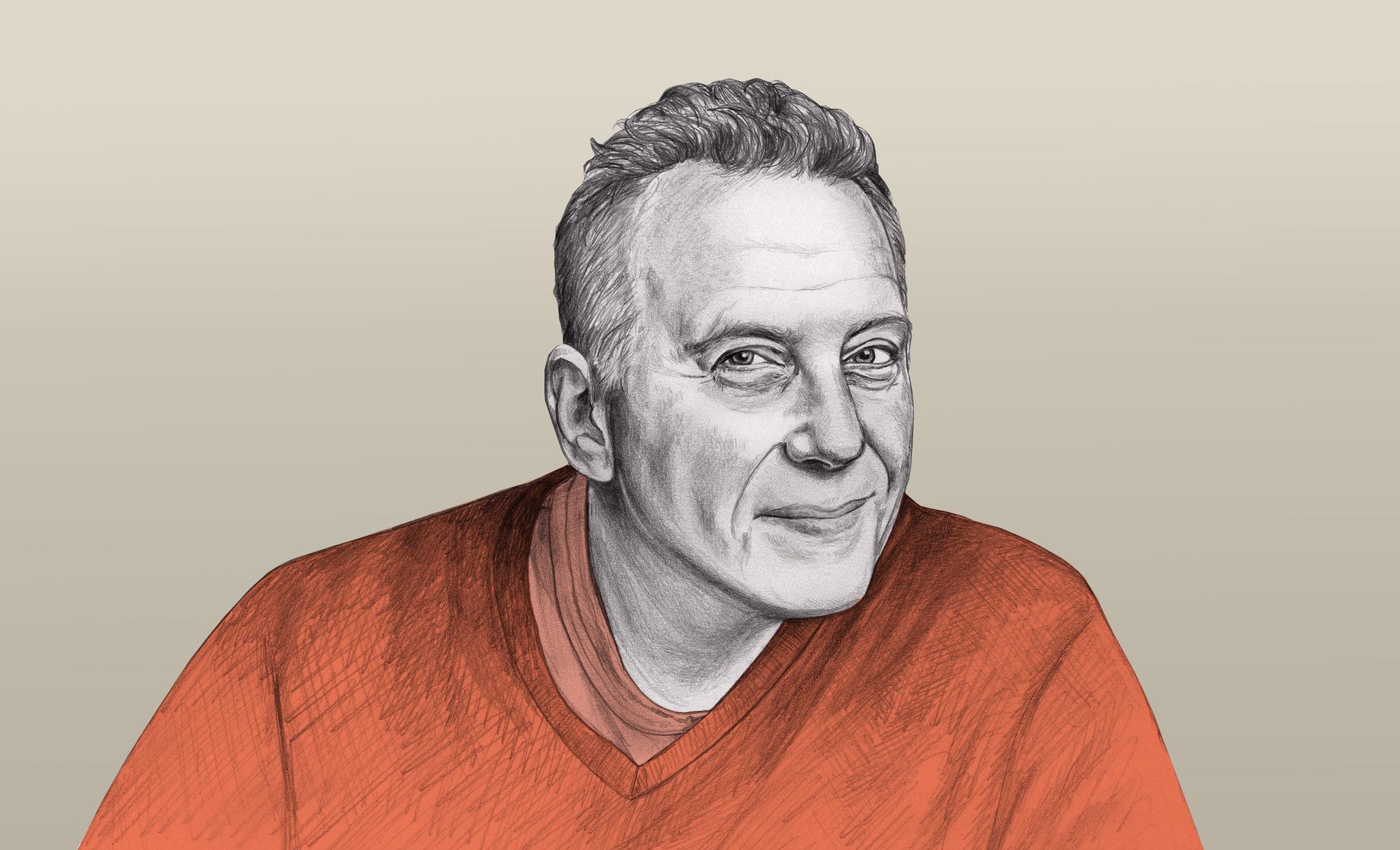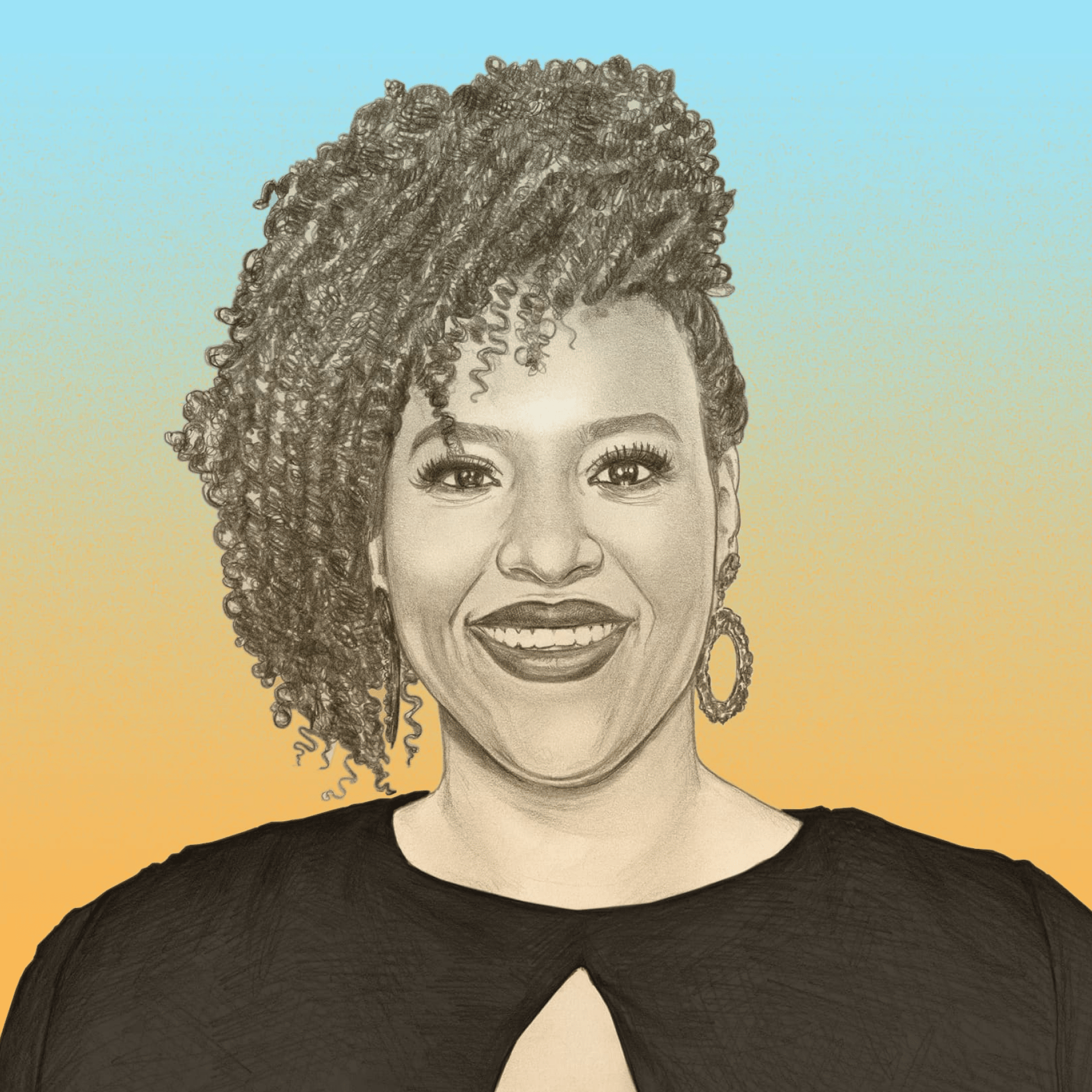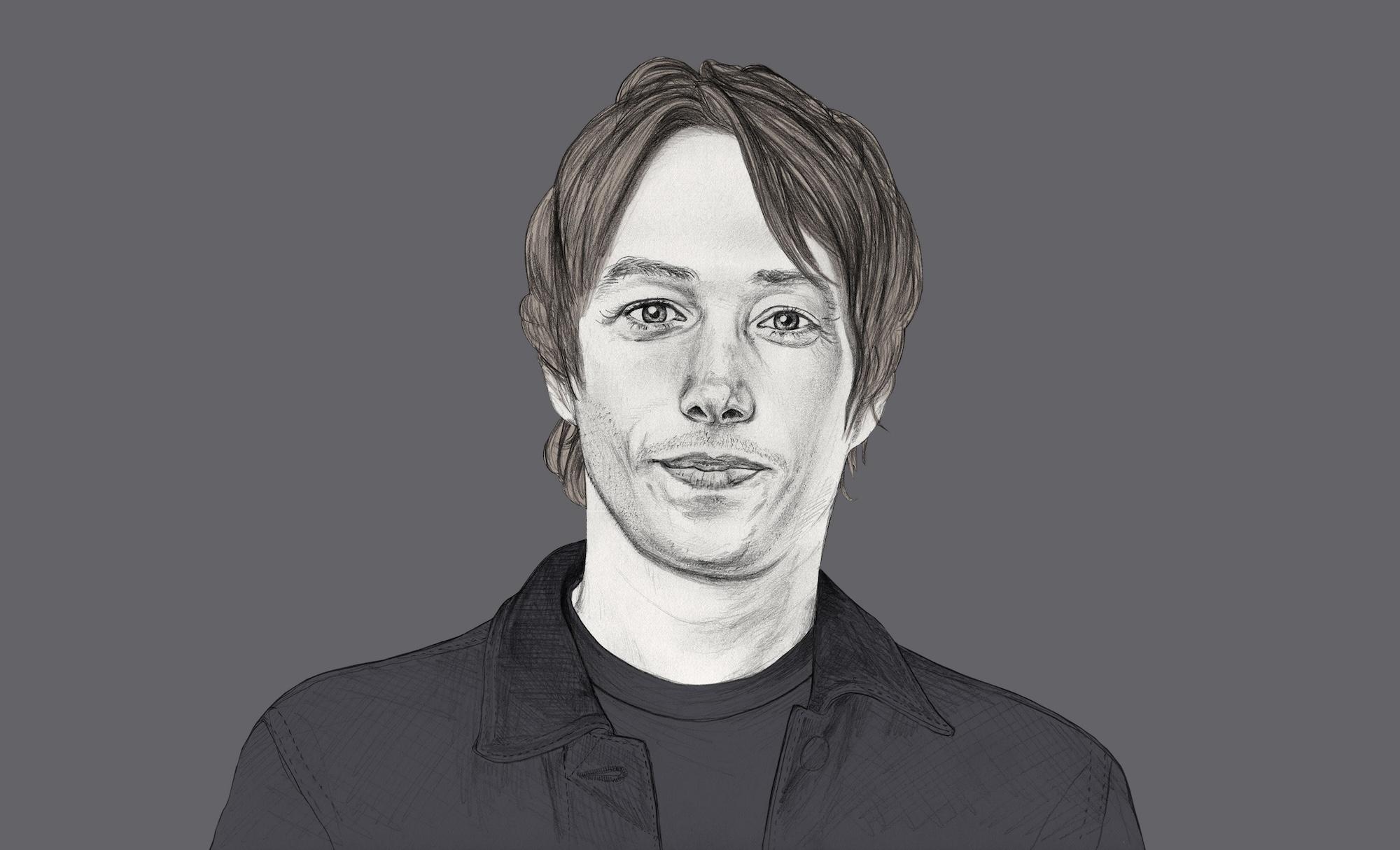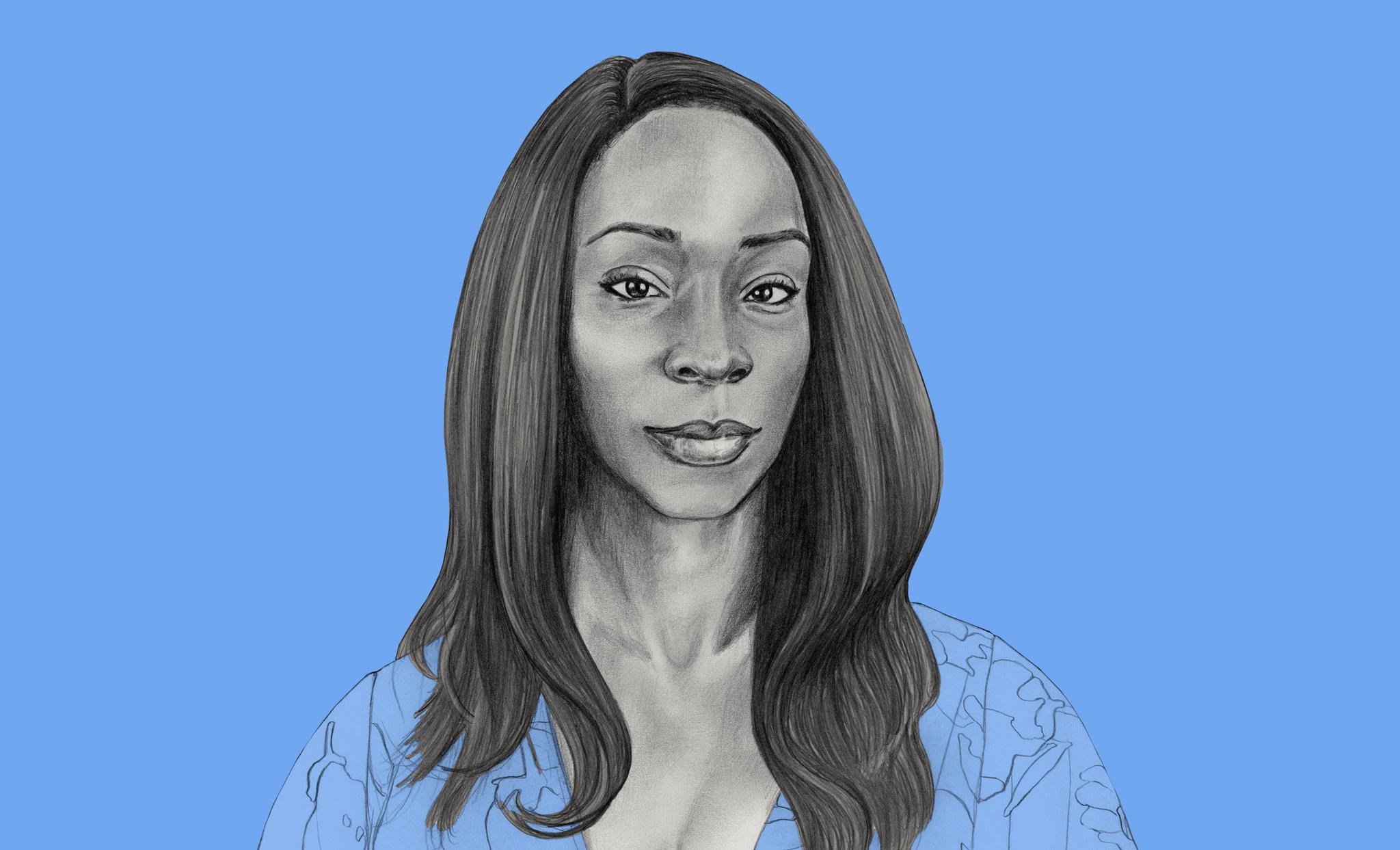
Money Diaries
Paul Reiser Likes Getting Paid to Tell Jokes
He's having a renaissance — roles on "Stranger Things" and new show, "There's...Johnny!" But the only economy that's ever made sense to him is money for jokes.
Wealthsimple makes powerful financial tools to help you grow and manage your money. Learn more
Wealthsimple is a whole new kind of investing service. This is the latest installment of our recurring series “Money Diaries” where we ask interesting people to open up about the role money has played in their lives.
I remember the first TV job I landed. It was the early 80s, on the show Diner. I didn’t have an agent; I didn’t have a lawyer; I didn’t have anything. I had no idea how much I’d get paid, but whatever they offered to pay me, I was going to take it. So it was a thrill whenI found out: $1,200 a week. As a comedian, I’d been making at most $300 to $400 a week. After scraping by for so long, I finally had more money than I knew what to do with. But I tried to be sensible — I went out for a few nice meals and bought a pair of brand-new $40 sneakers, and that was it. $1,200 was a fortune to me.
I grew up in New York City, where my dad started a wholesale business selling health food to various stores, long before health food went mainstream. At the time, health food was a fringe product, and its consumers were thought of as kooks. My first job was working for my dad, helping out. I’d pack shipments in the warehouse; when I got old enough, I’d make deliveries. My dad had relationships with a lot of the store owners we sold to. And when they needed help, I’d get sent over to their store to work a register, or stock shelves with barley, rice cakes, and Vitamin D. My earnings were almost nonexistent. At the end of the day, a shopkeeper might offer his thanks and a crisp $5 bill.
Much later, my dad told me his company hadn’t made a profit in his first 18 years in business. It wasn’t until I was a teenager, in the 1970s, that health food suddenly started becoming popular and my dad’s business finally began to blossom. He got himself a nicer watch and a nicer car. But he never became a different person. He always worked hard, whether he was making a ton of money or no money at all.

Sign up for our weekly non-boring newsletter about money, markets, and more.
By providing your email, you are consenting to receive communications from Wealthsimple Media Inc. Visit our Privacy Policy for more info, or contact us at privacy@wealthsimple.com or 80 Spadina Ave., Toronto, ON.
Here's a lesson he taught me about money. When I was a kid, I started playing piano, and as I began to take it up more seriously, he decided we should upgrade to a better instrument. We went shopping around New York City and found a bunch of options that I felt would do the trick. But my dad said, “No, we’re going to get you a Steinway.” Now, a Steinway piano was incredibly expensive, and I argued that we didn't need it. But he told me that for certain things in life — a piano, a suit, a car — it was worth investing in. “When you can, you get the good one,” he said. “That’s just what you do.” Of course, he said, you also try to get the best price! My dad was telling me two things. One: invest in quality. Two: that music — and perhaps by extension, any creative discipline — was a worthwhile pursuit.
At 22, I reached a truly pivotal moment in my life: I sat my father down and told him that after a lot of soul-searching, I’d decided I wanted to become a comedian. This meant walking away from his business — in a sense, walking away from him and everything he’d built — to go off and do this crazy-ass thing. Knowing just how nervous and upset he’d be, I had the foresight to pitch it to him as a journey similar to the one he’d had with his health food business. A successful career in comedy might not happen overnight, I told him, but after all, hadn’t it taken him 18 years to build his own business into a success? “Listen, I’m not doing this because I think I’m going to make a lot of money anytime soon,” I said. “I might not make real money for a long time. But I’ve seen some people pull this off, and I think I know the path.” And I told him what I thought the path was — open-mic shows, touring, and maybe one day breaking into TV and film. It illustrated for him that I was taking the process seriously, and he could relate to that.
But even when you’re finding success, it’s not like you just wake up one day and suddenly they’re backing a dump truck down your driveway filled with cash. You're working, and slowly everything is increased.
Ultimately, he seemed to appreciate that I was motivated by my desire to master the craft of comedy, and not by the pursuit of money. So even if he wasn’t happy with my decision, and would have rather I stuck around to help him run his business, he didn’t discourage me either. And that meant a lot to me. As it turns out, he lived long enough to see me succeed and make a living from comedy. But what he always seemed to take the most pride in wasn’t the money I earned or photos from the glitzy premieres. It was just seeing me out there every day, working hard.
Starting out, a lot of the comics I knew had side jobs at bars and restaurants, but I was afraid those jobs would sap my energy and creativity. I made the decision to simply try and make comedy my full-time job. My rent at the time was $390 a month. I cobbled together stand-up gigs. I made $20 here, $50 there. Maybe once in a while I’d get a $100 gig. All told, if I could make $800 a month, I did all right. I wasn’t buying anything fancy — just paying cheap rent and putting food in the fridge. I wasn’t flush with cash, but I wasn’t starving. And the best thing was that I was putting all my time into my craft, and getting better at it one day at a time. There was something so satisfying and elemental about stand-up comedy — you showed up, you put in work, and you left with money in your pocket. Labour. Reward. Labour. Reward.
Recommended for you

Stories From Our New Economy: Bullish on Bidets Edition
Money Diaries

Natasha Rothwell's Character in “The White Lotus” Finds an Angel Investor. Her Real Life Didn't Quite Work That Way.
Money Diaries

To Win Four Oscars, Sean Baker Had to Go Broke Again and Again
Money Diaries

The World Wouldn't Make a Place for Angelica Ross. So She Made One for Herself
Money Diaries
I remember after I'd got that first job on Diner, it was my first week on set and a production assistant asked me to stop by the office for my per diem. I had no idea what that was, but when I went to the office they gave me an envelope with $50 cash. I felt like a shady judge getting paid off by the Mob. “What’s this?” I asked. “It’s spending money,” they told me. “Does it come out of my salary?” “No!” I couldn’t believe I was getting paid above and beyond my paycheque. It was genuine American currency, but it really felt like toy money to me, so I thought, Well, I’ve got to go spend this! I’ve got to go put this into the American economy, because this is clearly more money than I’m supposed to have. Let’s just say I didn’t always spend my per diem on food and transportation.
Over the years, I did more work in TV and film, and the money got bigger. I’d see an extra set of zeroes on a cheque, and think, Wow. But even when you’re finding success, it’s not like you just wake up one day and suddenly they’re backing a dump truck down your driveway filled with cash. You're working, and slowly everything is increased. It’s very incremental. So it’s funny — I look back now and see so much more success than I ever would have imagined when I started down this road.
And yet, it's a lot like any line of work you’re in. You have your good days and your bad days. Some days you sell a TV show, and it becomes a hit, and it’s like you’ve struck the jackpot. That’s a damn good day. But then I'll audition for a role I really love, and someone else would get the part. Or I’ll work for months on developing a TV show, and it never gets the green light to get made. The peaks can be wildly joyous and triumphant, and the valleys can be heartbreaking.
For some actors, if they’re not on set, filming something, they start freaking out: “Oh my God, I’m out of work!” They start questioning themselves and wondering when the next role will appear.
But for me, every time I’ve had a dark moment, and felt really down or disappointed, I’ve made a point of jumping back into the fray immediately — writing a new script, or even writing a new joke. Five years ago, as kind of a return to my roots, I got back into stand-up comedy, and I found it to be really therapeutic. Some Tuesday night I’d go down to some small club in Hollywood and do a show for a hundred people. Young comics would ask me, “Hey man, what are you doing here? Working on a special for HBO?” I’d say no. “Getting prepped for a Tonight Show spot?” No. “Then… what are you doing here?” And I’d explain that I was getting my comedy muscles back. See, there’s no shortcut. It’s labour intensive. You have to just get up on stage every night and work it.
For some actors, if they’re not on set, filming something, they start freaking out: “Oh my God, I’m out of work!” They start questioning themselves and wondering when the next role will appear. But for me, every acting job has just felt kind of like a surprise bonus. As soon as it’s finished, I don’t feel like I’m out of work, I just feel like I can go back to my real job — stand-up comedy. Stand-up isn't easy, but it’s uncomplicated. I show up and do what I do and they hand me a cheque. There’s something so gratifying about earning your keep in such a direct, tangible way. Labour. Reward.
As a father, it's been a funny thing. When my son was about 7 or 8, he came over to me and said, “Dad, how can we afford all of this, because I don’t see you working.” And I realized my work schedule didn’t really make sense to him. I’d have weeks where I was out shooting a movie or a TV show, and then weeks or even months when I was home all day. I explained to him that I’d always worked very hard, and that before he was born, I’d had a few lucky years where I was able to put a lot of money in the bank, which carries us even in times when I’m not working as much. And I pointed out how hard his mother works, too — she’s a psychologist. Hard work can sometimes be invisible to other people, and can sometimes even go unrewarded, but as I told my kids, you are the one who knows best how hard you’re working, and if you’re working hard, good things will happen.
With their schooling, I always told my kids I don’t care about their grades, I only care that they’re working hard. If they get an A on a test but phoned it in and didn’t even study, well, they’re wasting their time. But if they work as hard as they can and only got a C, I’ll be proud of their effort.
I may be guilty of preaching to my kids sometime, but whatever their interests, I always try to encourage them. If you do something every day, I tell them, whether you’re making money at it or not, you get better at it. After all, it’s the same path my dad modeled for me, and hopefully it’s the one I’ve modeled for my kids. You can’t always expect to make money. But if you do your job well and put the work in, in my experience, eventually the money will come.
As told to Davy Rothbart exclusively for Wealthsimple. Illustration by Jenny Mörtsell. We make smart investing simple and affordable.
Wealthsimple's education team is made up of writers and financial experts dedicated to making the world of finance easy to understand and not-at-all boring to read.





